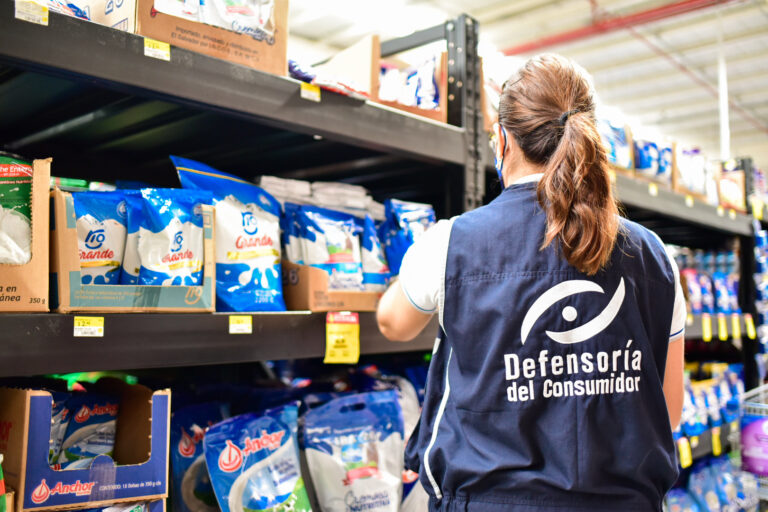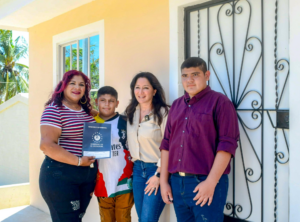The Defensoría del Consumidor presented the results of the Summer 2025 Plan, highlighting its work in defending the population’s economic rights. 73.36% of the services provided were advisory services, followed by the receipt of complaints (14.67%) and other actions such as providing information and activating online users (11.97%), strengthening citizen access to protection mechanisms.

In terms of sectors, the largest number of cases handled were related to financial services, accounting for 44% (653 cases), followed by general services (13%), telecommunications (7%), and electric power (4%). This distribution highlights the need for greater oversight in key areas for the economic stability of salvadoran consumers.
The main reasons for seeking care reflect ongoing concerns about family finances: improper charges and fees accounted for 42% of cases, breach of contract 21%, over-indebtedness 8%, and poor-quality products or services 5%. These figures underscore the importance of financial education and strict compliance by providers.

In its market surveillance work, the Defensoría del Consumidor conducted 513 inspections, detecting noncompliance in 32.55% of them, which led to administrative sanctioning proceedings. The main irregularities included the lack of visible complaint mechanisms (55.86%) and the sale of expired products (34.23%), practices that put not only consumers’ finances but also their health at risk.
Thanks to these efforts, the sale and consumption of 230 expired food products was prevented, mostly found in restaurants (166), pharmacies (41), and convenience stores (23). These results demonstrate the economic impact on families of accessing safe and correctly labeled products.

The Defensoría del Consumidor works to protect consumers’ wallets and maintain constant market surveillance, promoting fair and safe consumer conditions. These actions under the Summer 2025 Plan strengthen family finances by preventing abuses and ensuring compliance with consumer protection laws.







